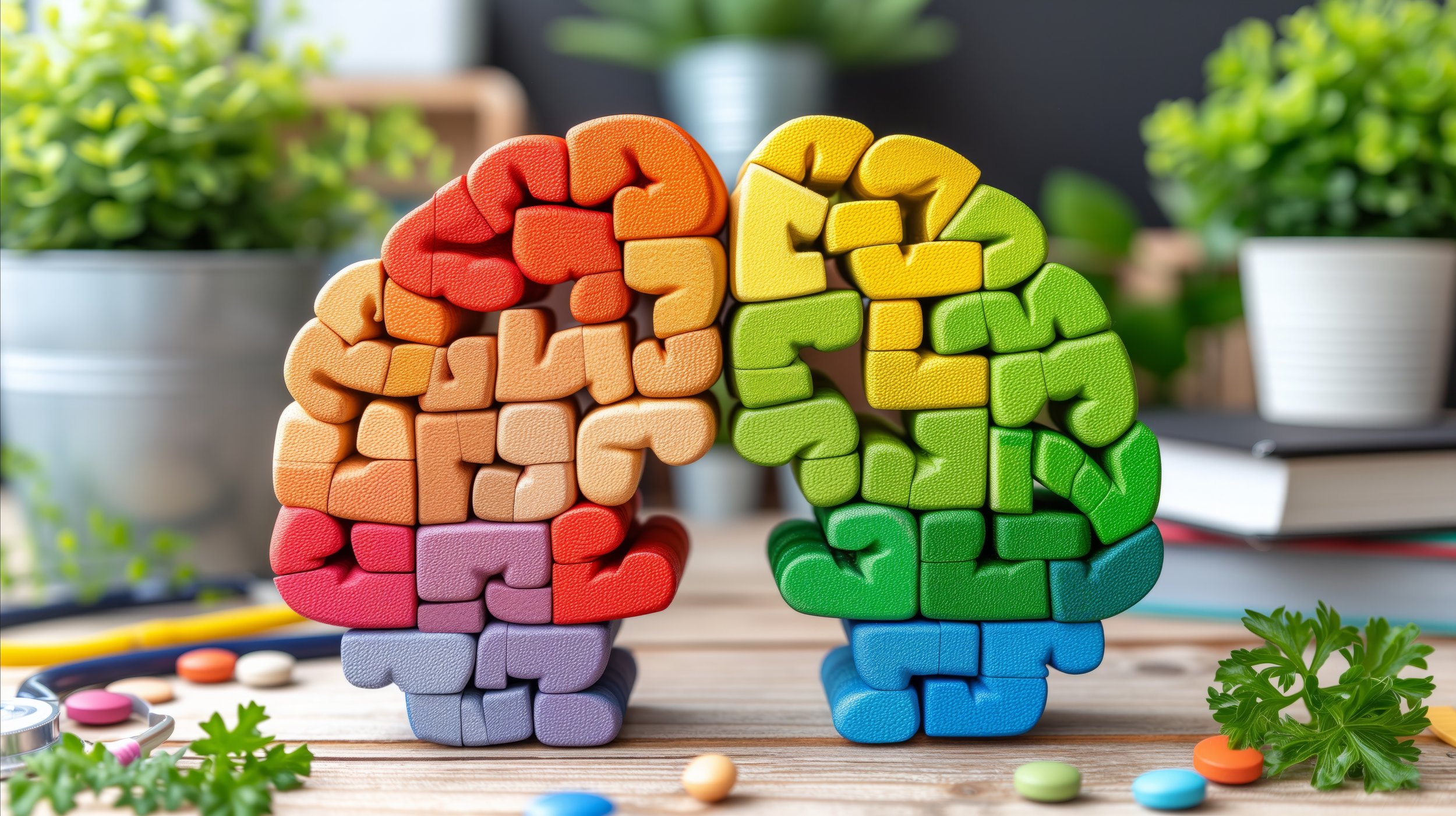
Professional Development
We offer customized virtual & in person professional development
-
Mental models are cognitive frameworks that help us understand and interpret the world. We can think of them as mental shortcuts that subconsciously guide our decision-making and problem solving. We each carry many different mental models with us into our communities, schools, and homes; they impact all the ways we live our lives. Our mental model of disability impacts not only our students and community members with disabilities, but our world view in general. Explore your current mental models with us to shift perspectives and develop new frameworks which build truly inclusive environments.
-
Most behavioral escalations and disengagement can be prevented through predictability and decreased cognitive load. This can be achieved through environmental shifts in structure, from abstract to concrete. There can be a mismatch between learners’ needs and the level of structure provided. We offer professional development that addresses this mismatch- how to identify it, how to increase concrete structures, and how to implement these structures in order to prevent behavioral escalations, increase academic engagement, and create more inclusive environments.
-
Behavior and safety plans often revolve around the over-simplification of behavior, categorizing all behavior by perceived function: attention, access, escape and sensory needs. These plans can fall short of adequately addressing the challenging behavior while also maintaining the dignity of the individual. We offer professional development to train staff in how to create plans that address the safety and behavioral concern shifting perspectives to include a neural and neurodiversity lens.
-
Educators are accustomed to providing IEP accommodations such as extended time on testing or a visual schedule, but in many cases, educators need additional training in order to adequately accommodate for pedagogical needs and modify the curriculum itself. We provide training to universally design curriculum to make it accessible to all as well as how to provide differentiation within the curriculum when needed.
-
Paraprofessionals play a unique role in the school environment and often have a significant amount of contact with students. Our trainings range from foundational training on supporting self-regulation to specialized training for paras working within specific programs and providing student specific support. We also provide training in best practice for fading support, following individualized programs in the classroom and more. Training will be tailored in response to the needs of your school, district, or organization.
